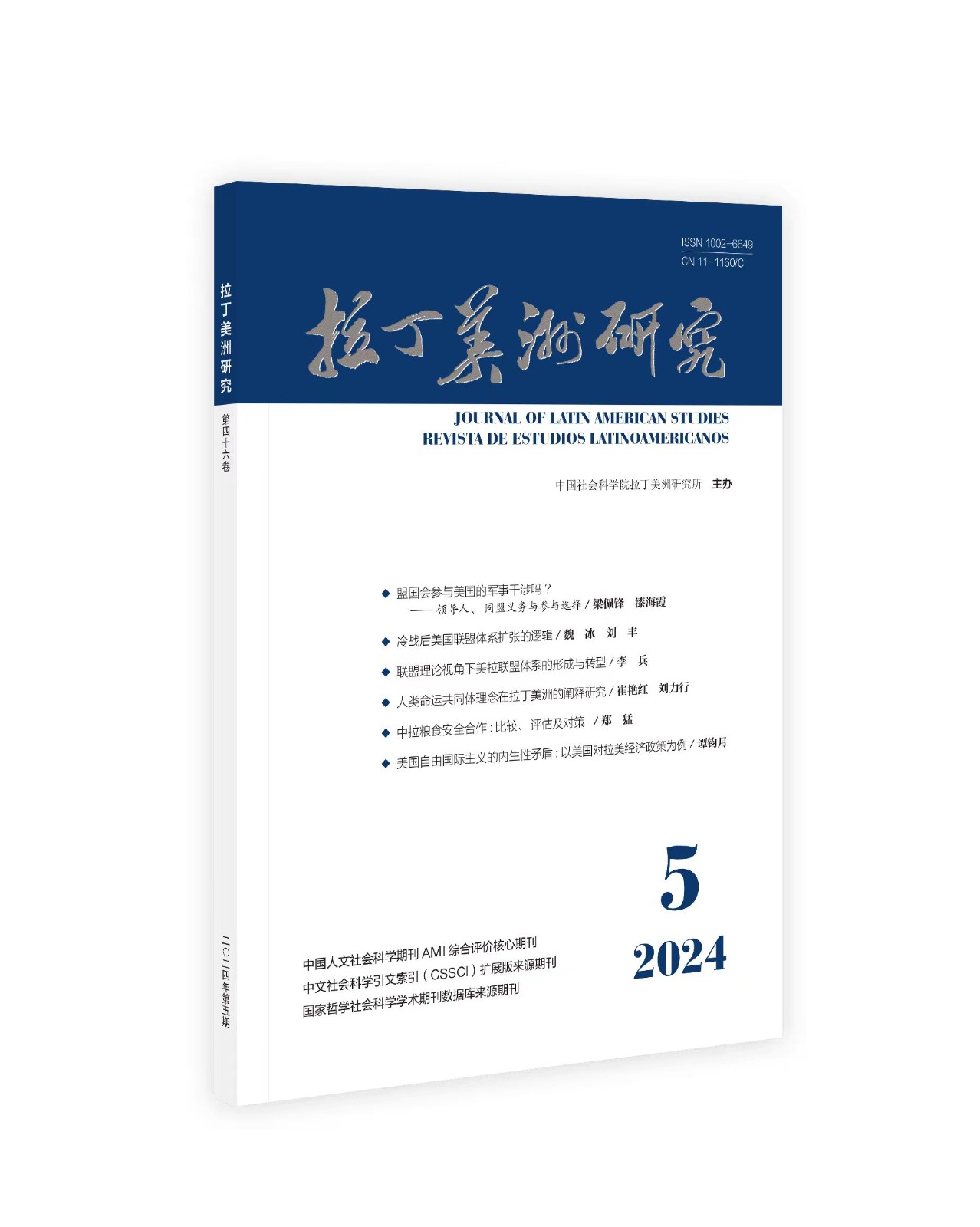Rejecting the Social Contract: Criminal Governance, Agrarian Inequalities and the Autodefensa Movement in Michoacán, Mexico
IF 0.7
2区 历史学
Q2 AREA STUDIES
引用次数: 0
Abstract
Abstract In many developing countries where formal institutions fail to guarantee rule of law, criminal organisations have emerged as intermediaries between citizens and the state. In some cases, these armed non-state actors adopt repressive strategies to govern their territories and local populations. This study asks under what circumstances local actors mobilise against criminal governance. Focusing on the case of Michoacán, Mexico, I argue that the emergence of vigilante groups, known as autodefensas, was prompted by the breaching of a social contract – a set of formal and informal agreements and obligations – between organised crime and civil society. As criminal governance spread in Michoacán, so did predatory behaviour against local communities, which gave way to an elite-organised social movement structured by rural inequalities.拒绝社会契约:犯罪治理,土地不平等和自动防御运动Michoacán,墨西哥
摘要在许多正规机构无法保证法治的发展中国家,犯罪组织已经成为公民和国家之间的中介。在某些情况下,这些武装的非国家行为者采取镇压策略来管理其领土和当地人口。这项研究询问了地方行动者在什么情况下动员起来反对刑事治理。以墨西哥米却肯州为例,我认为,被称为自卫队的私刑团体的出现是由于有组织犯罪和民间社会之间违反了社会契约——一套正式和非正式的协议和义务。随着刑事治理在米却肯的蔓延,针对当地社区的掠夺行为也在蔓延,这让位于由农村不平等构成的精英组织的社会运动。
本文章由计算机程序翻译,如有差异,请以英文原文为准。
求助全文
约1分钟内获得全文
求助全文
来源期刊

拉丁美洲研究
Multiple-
CiteScore
1.60
自引率
0.00%
发文量
3870
期刊介绍:
Journal of Latin American Studies presents recent research in the field of Latin American studies in economics, geography, politics, international relations, sociology, social anthropology, economic history and cultural history. Regular features include articles on contemporary themes, specially commissioned commentaries and an extensive section of book reviews.
 求助内容:
求助内容: 应助结果提醒方式:
应助结果提醒方式:


